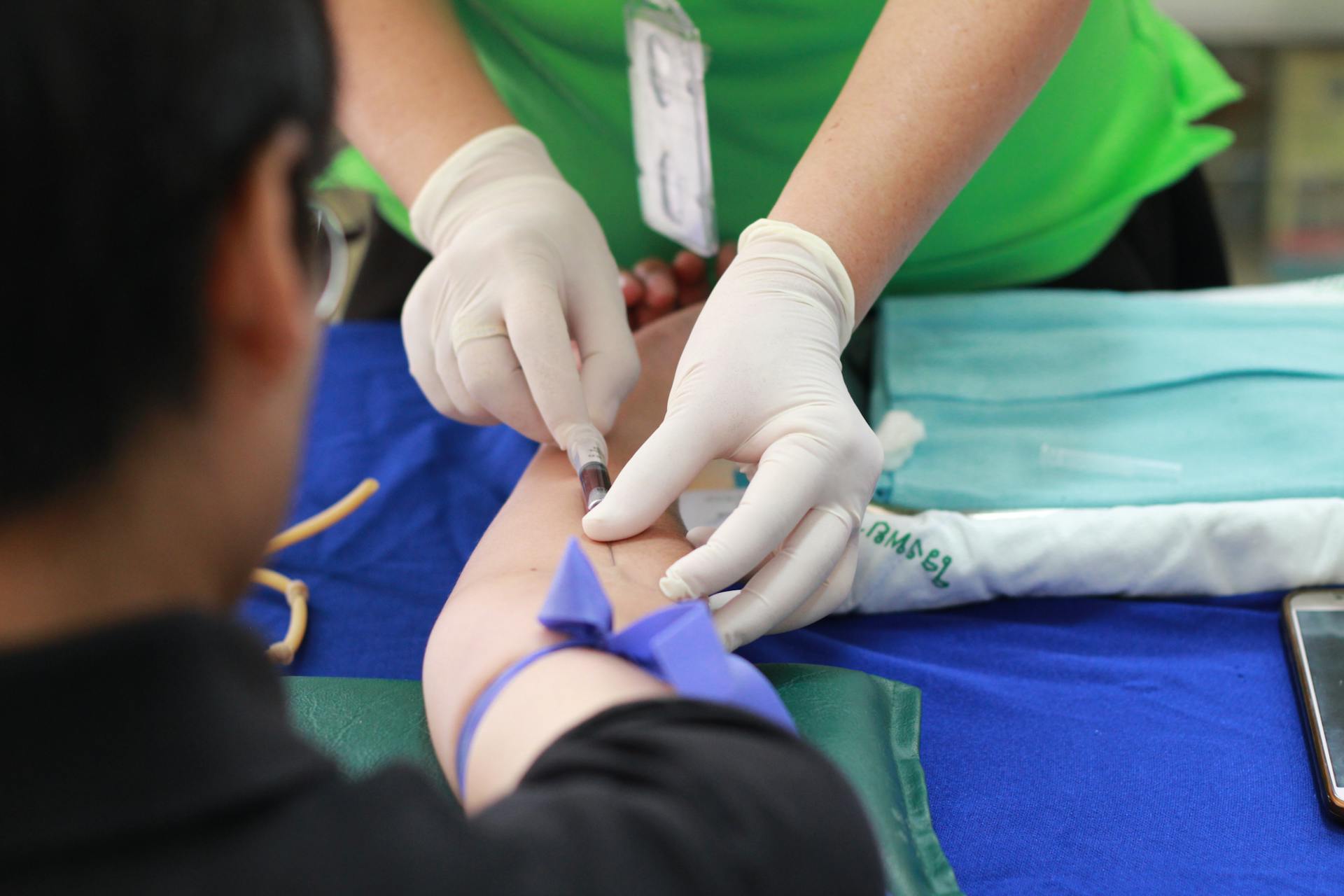Health literacy is a critical component of patient care, especially for those participating in clinical trials. It involves the ability to obtain, understand, and use health information to make informed decisions about one’s health. For clinical trial patients, health literacy plays a vital role in ensuring that they fully comprehend the study’s objectives, procedures, potential risks and benefits, and their rights as participants. In this blog post, we will explore the importance of health literacy for clinical trial patients, its impact on patient outcomes, and strategies to enhance health literacy in clinical research.
Understanding Health Literacy
Health literacy encompasses several key skills, including the ability to read and comprehend health information, communicate effectively with healthcare providers, and navigate the healthcare system. It is not solely about reading ability but also involves critical thinking, decision-making, and the capacity to apply health-related information in real-life situations.
For clinical trial patients, health literacy involves understanding the study protocol, the informed consent process, the potential side effects and benefits of the treatment, and the importance of adhering to study procedures. High levels of health literacy empower patients to take an active role in their healthcare and contribute to the success of clinical trials.
The Impact of Health Literacy on Clinical Trial Participation
Health literacy has a profound impact on clinical trial participation and outcomes. Here are several ways in which health literacy influences the clinical trial experience:
- Informed Consent and Decision-Making: The informed consent process is a fundamental aspect of clinical trials. Patients with high health literacy are better equipped to understand the information provided in the consent form, including the study’s purpose, procedures, risks, benefits, and their rights as participants. This understanding enables them to make informed decisions about whether to participate in the trial.
- Adherence to Study Protocols: Adherence to study protocols is crucial for the validity and reliability of clinical trial results. Patients with high health literacy are more likely to comprehend and follow study procedures, such as taking medications as prescribed, attending scheduled visits, and completing required assessments. This adherence enhances the quality of the data collected and contributes to the trial’s success.
- Management of Side Effects and Adverse Events: Understanding potential side effects and how to manage them is essential for clinical trial patients. Health-literate patients are better able to recognize and report side effects and adverse events promptly, allowing researchers to take appropriate action and ensure patient safety. This proactive communication helps maintain the integrity of the trial and protects participant well-being.
- Engagement and Retention: Health-literate patients are more likely to remain engaged and committed to the clinical trial throughout its duration. They understand the importance of their participation and the potential impact of the research on future patient care. This engagement reduces dropout rates and ensures that the study can reach its objectives.
- Improved Health Outcomes: Patients with high health literacy are better able to navigate the healthcare system, communicate with healthcare providers, and manage their health conditions. This competence leads to improved health outcomes and enhances the overall quality of care they receive during and after the clinical trial.
Strategies to Enhance Health Literacy in Clinical Trials
Enhancing health literacy among clinical trial patients is essential for ensuring their understanding, engagement, and adherence. Here are several strategies to improve health literacy in clinical trials:
- Simplify Health Information: Use plain language and avoid medical jargon when providing information to patients. Simplified consent forms, study materials, and instructions help patients understand the content more easily. Visual aids, such as diagrams, charts, and videos, can also enhance comprehension.
- Provide Clear and Comprehensive Informed Consent: The informed consent process should be clear, comprehensive, and interactive. Researchers should take the time to explain the study’s objectives, procedures, risks, and benefits in detail, allowing patients to ask questions and seek clarification. Providing written materials in multiple languages and formats ensures accessibility for diverse patient populations.
- Offer Health Literacy Training for Researchers: Training researchers and study coordinators in health literacy principles can improve their ability to communicate effectively with patients. This training should include techniques for simplifying complex information, using visual aids, and addressing patients’ questions and concerns.
- Use Digital Health Tools: Digital health tools, such as mobile health (mHealth) apps and patient portals, can enhance health literacy by providing accessible and interactive information. These tools can deliver educational resources, reminders, and updates, helping patients stay informed and engaged. Interactive features, such as quizzes and surveys, can assess patients’ understanding and provide feedback.
- Involve Patient Advocates and Navigators: Patient advocates and navigators can provide personalized support and guidance to clinical trial participants. These individuals can help patients understand study procedures, manage side effects, and navigate the healthcare system. Their support can enhance patients’ confidence and competence in managing their participation.
- Foster a Supportive Environment: Creating a supportive and patient-centered environment encourages open communication and trust between patients and researchers. Researchers should actively listen to patients’ concerns, provide empathetic responses, and involve patients in decision-making processes. This collaborative approach fosters a sense of partnership and empowerment.
- Conduct Health Literacy Assessments: Assessing patients’ health literacy levels can help researchers tailor their communication and support strategies. Health literacy assessments can identify patients who may need additional assistance and provide insights into the effectiveness of health literacy interventions.
- Encourage Questions and Dialogue: Encouraging patients to ask questions and engage in dialogue with the research team is essential for enhancing health literacy. Researchers should create a welcoming environment where patients feel comfortable seeking clarification and expressing their concerns.
The Role of Technology in Enhancing Health Literacy
Technology plays a crucial role in enhancing health literacy among clinical trial patients. Digital health tools, such as mHealth apps, wearable devices, and telemedicine platforms, provide accessible and interactive information that can improve patients’ understanding and engagement.
mHealth Apps: mHealth apps can deliver educational content, reminders, and updates to patients, helping them stay informed and engaged. These apps can provide interactive features, such as videos, quizzes, and surveys, to assess patients’ understanding and provide feedback.
Wearable Devices: Wearable devices, such as fitness trackers and smartwatches, can monitor patients’ health metrics and provide real-time feedback. These devices can deliver prompts and reminders, helping patients adhere to study protocols and manage their health conditions.
Telemedicine Platforms: Telemedicine platforms enable remote consultations and follow-up visits, reducing the need for in-person visits to trial sites. These platforms facilitate communication between patients and researchers, allowing patients to ask questions and seek clarification in real-time.
Patient Portals: Patient portals provide a centralized platform for accessing study-related information, communicating with the research team, and tracking progress. These portals can offer educational resources, FAQs, and personalized updates, enhancing patients’ understanding and engagement.
Health literacy is a critical factor in the success of clinical trials and the overall well-being of patients. High levels of health literacy empower patients to make informed decisions, adhere to study protocols, manage side effects, and remain engaged throughout the trial. By simplifying health information, providing clear and comprehensive informed consent, using digital health tools, and fostering a supportive environment, researchers can enhance health literacy among clinical trial patients.






Leave a Reply